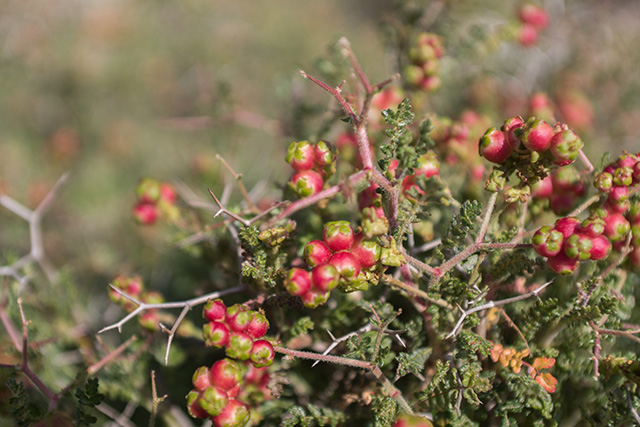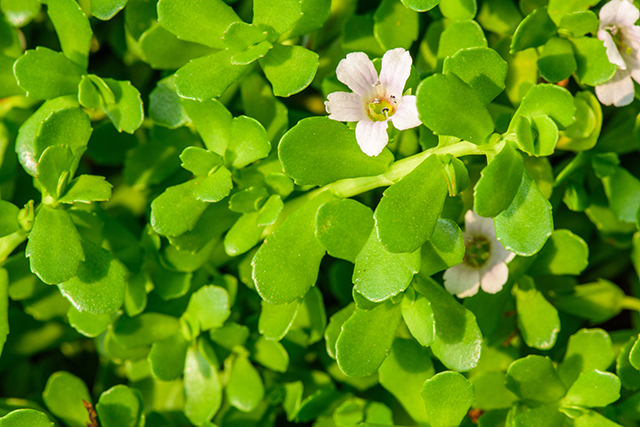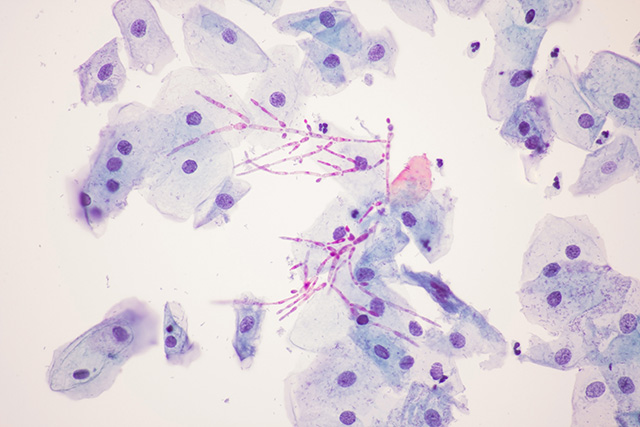07/04/2018 / By RJ Jhonson
Scientists have shown that the roots of Sarcopoterium spinosum, a Mediterranean shrub related to the garden rose, exhibit anti-diabetic properties. In a study published in the journal BMC Complementary and Alternative Medicine, they sought to examine whether the same anti-diabetic properties could be found in the plant’s aerial organs.
- A previous study by the same team revealed that extracts taken from S. spinosum’s roots improved insulin tolerance and stimulated pancreatic β-cells, among other anti-diabetic properties.
- However, concerns over the sustainability and practicality of gathering root extracts from a plant with a long growing time encouraged them to look into the plant’s aerial organs for anti-diabetic effects.
- The researchers gathered extracts from the plant’s leaves and fruits, which they compared with extracts taken from the roots.
- After a cytotoxicity test, they determined that the fruit’s extracts were non-toxic in all concentrations. A similar effect was observed in both leaf and root extracts at a dose of 8.0 milligram/milliliter (mg/ml).
- All extracts demonstrated the ability to inhibit both α-amylase and α-glucosidase, an activity that is crucial to glucose control. The leaf and root extracts proved superior to fruit extracts in terms of improving glucose uptake.
- Both the fruit and the leaf extracts induced increased insulin secretion in conditions of high glucose levels.
The researchers concluded that S. spinosum’s aerial organs had anti-diabetic properties and could serve as the basis for finding an alternative treatment for type II diabetes.
Read the full study at this link.
Journal Reference:
Elyasiyan U, Nudel A, Skalka N, Rozenberg K, Drori E, Oppenheimer R, Kerem Z, Rosenzweig T. ANTI-DIABETIC ACTIVITY OF AERIAL PARTS OF SARCOPOTERIUM SPINOSUM. BMC Complementary and Alternative Medicine. 2017;17(1). DOI: 10.1186/s12906-017-1860-7
Receive Our Free Email Newsletter
Get independent news alerts on natural cures, food lab tests, cannabis medicine, science, robotics, drones, privacy and more.


















